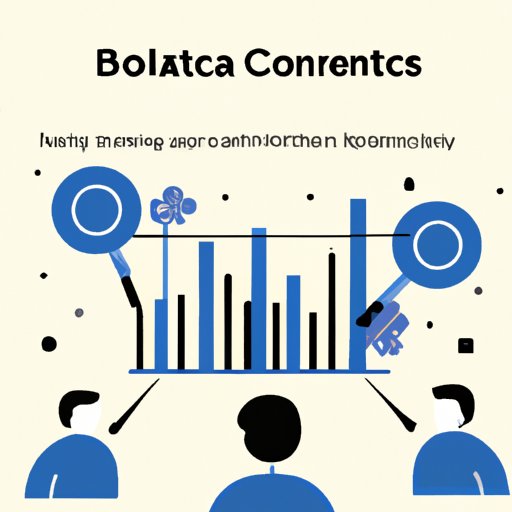Introduction to Population Health
Population health is an emerging field of public health that focuses on improving the health of a defined population. It takes into account not only individual health but also the social, economic, and environmental factors that affect the health of a given population. As such, it is a holistic approach to health that seeks to address the root causes of health disparities and improve overall well-being.
Definition of Population Health
The World Health Organization defines population health as “the health outcomes of a group of individuals, including the distribution of such outcomes within the group.” This definition emphasizes the importance of understanding the health status of a population as a whole and identifying the factors that influence it. These may include socioeconomic status, access to health care, and exposure to environmental risks.
Impact of Population Health on Healthcare Delivery
Population health has become increasingly important in recent years as health care providers strive to deliver high-quality, cost-effective care. By taking into account the needs of a population, health care providers can make more informed decisions about how to allocate resources, identify gaps in care, and develop interventions to improve health outcomes. According to the American Hospital Association, “Population health management is essential to providing the right care, at the right time, in the right setting to the right patient.”

Examining the Role of Data in Population Health Management
Data plays an important role in population health management. By collecting and analyzing data, health care providers can better understand the needs of a population and develop strategies to address them. Data can be used to identify areas of improvement, measure progress, and evaluate the effectiveness of interventions.

Benefits of Collecting and Analyzing Data
Collecting and analyzing data can help health care providers gain insights into the health of a population, identify potential risk factors, and inform decision-making. According to a study published in the journal Population Health Management, “Data-driven population health management can improve the quality of care and reduce costs by targeting interventions to those most likely to benefit.”

Challenges of Using Data to Manage Population Health
While data can be a powerful tool for managing population health, there are several challenges associated with using data to inform decision-making. For example, data can be difficult to collect and analyze, and the accuracy of the data may be limited by factors such as selection bias or incomplete records. Additionally, data can be difficult to interpret, making it difficult to draw meaningful conclusions from the information.
Understanding the Benefits of Population Health Programs
Population health programs have a number of potential benefits, including improved quality of care, cost savings, and increased patient satisfaction. By focusing on prevention, early detection, and management of chronic conditions, population health initiatives can reduce hospitalizations and emergency department visits, resulting in cost savings and improved quality of care.
A study published in the journal Health Affairs found that “health care organizations that implemented population health management initiatives saw significant reductions in the use of expensive services, such as hospitalizations and emergency department visits.” Additionally, patients who participated in population health initiatives reported higher levels of satisfaction with their care.

Exploring the Challenges Facing Population Health Initiatives
Despite the potential benefits of population health initiatives, there are several challenges that can limit their success. These include lack of resources, limited access to quality care, and unclear outcomes. Additionally, population health initiatives require coordination between multiple stakeholders, which can be difficult to achieve. As such, it is important for health care providers to identify and address these challenges in order to ensure the success of population health initiatives.
Investigating Best Practices for Achieving Optimal Population Health Outcomes
In order to maximize the potential benefits of population health initiatives, health care providers should focus on utilizing evidence-based practices, implementing comprehensive interventions, and collaborating with community partners. Evidence-based practices involve using research to guide decision-making, while comprehensive interventions involve addressing multiple factors that can influence health outcomes. Collaboration with community partners can help to ensure that interventions are tailored to the needs of a particular population.
Conclusion
Population health is an important concept that can have a significant impact on the health of a population. By taking into account the social, economic, and environmental factors that influence health, health care providers can develop interventions to improve health outcomes. Data is a powerful tool for managing population health, but there are challenges associated with using data to inform decision-making. Additionally, there are several challenges facing population health initiatives, including lack of resources, limited access to quality care, and unclear outcomes. In order to maximize the potential benefits of population health initiatives, health care providers should focus on utilizing evidence-based practices, implementing comprehensive interventions, and collaborating with community partners.
This article has explored population health and examined its definition, impact on healthcare delivery, benefits and challenges, and best practices for achieving optimal outcomes. By understanding the importance of population health and working to address the challenges facing population health initiatives, health care providers can help to improve the health of their communities.
(Note: Is this article not meeting your expectations? Do you have knowledge or insights to share? Unlock new opportunities and expand your reach by joining our authors team. Click Registration to join us and share your expertise with our readers.)
